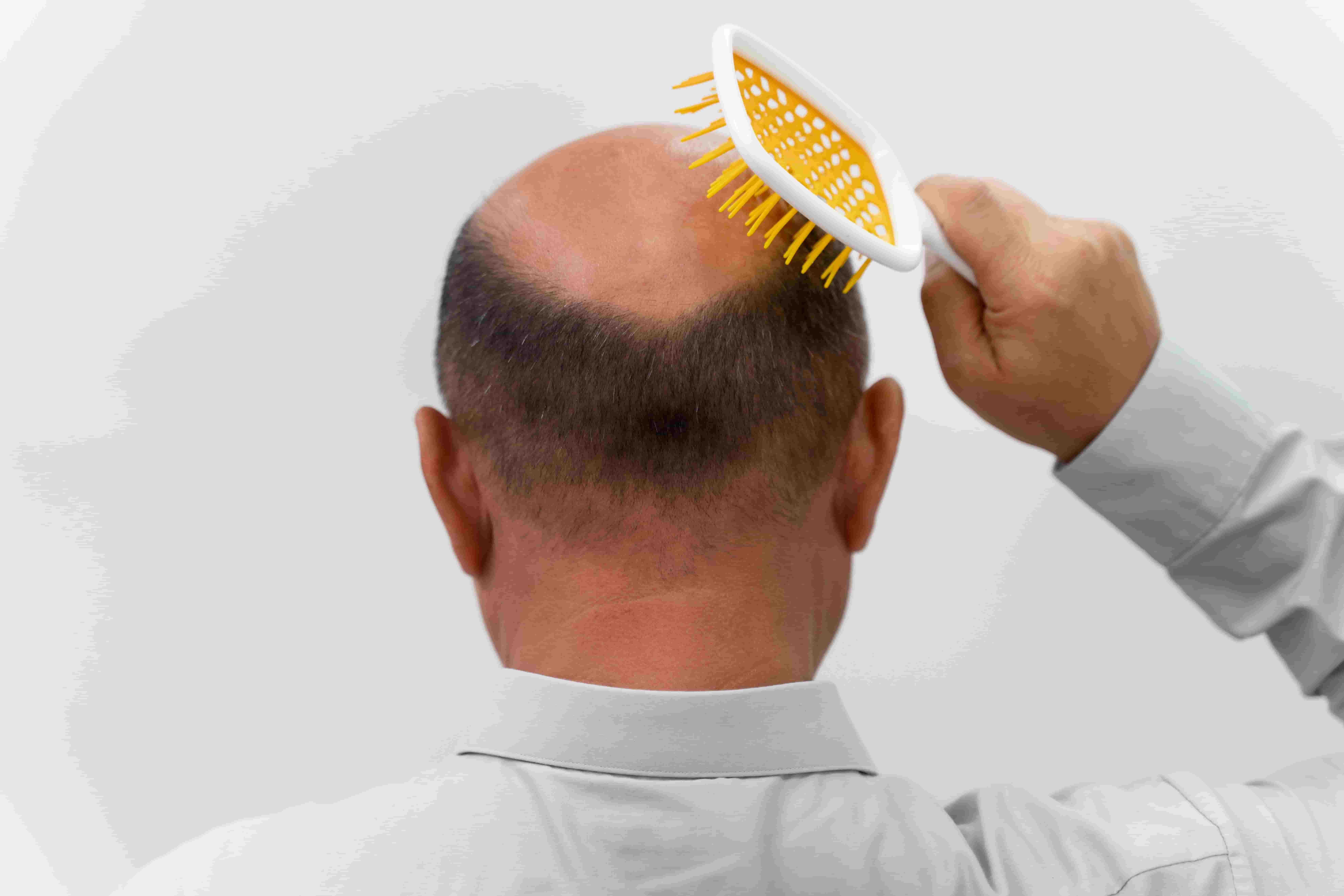Erectile dysfunction (ED), commonly referred to as impotence, is a condition where a man has difficulty achieving or maintaining an erection firm enough for sexual intercourse. Erectile dysfunction can affect men of all ages and can be caused by a variety of factors, both physical and psychological. This guide will explore the underlying causes of erectile dysfunction, available treatments, and steps you can take to manage the condition.
What is Erectile Dysfunction? Erectile dysfunction is characterized by the inability to get or keep an erection that is sufficient for sexual activity. This condition can be frustrating and affect your quality of life, but understanding its causes can help you find the right treatment.
Psychological Causes of Erectile Dysfunction Psychological factors often play a significant role in erectile dysfunction, especially among younger men. Common psychological causes include: • Stress and Anxiety: Daily stress or specific worries related to sexual performance can interfere with your ability to maintain an erection. • Depression: Feelings of sadness and hopelessness can lower libido and make it difficult to achieve an erection. • Relationship Issues: Tension or lack of communication with a partner can contribute to sexual dysfunction. • Past Negative Experiences: Previous negative sexual experiences may lead to fear or anxiety about sexual activity. Physical Causes of Erectile Dysfunction Physical health issues are another major contributor to erectile dysfunction. These include: • Age: As men age, the risk of Erectile dysfunction increases due to natural changes in hormone levels and blood flow. • Obesity and Inactivity: A sedentary lifestyle and being overweight can impair circulation and reduce sexual function. • Smoking: Smoking damages blood vessels, reducing blood flow to the penis and leading to Erectile dysfunction . • Chronic Health Conditions: Diseases like diabetes and cardiovascular conditions can damage nerves and arteries that are critical for an erection. • Neurological Disorders: Conditions such as Parkinson’s disease or multiple sclerosis can interfere with the nerve signals responsible for erections. • Hormonal Imbalances: Low testosterone or other hormonal disorders can impact sexual function. • Substance Use: Certain medications, recreational drugs, and excessive alcohol use can contribute to erectile dysfunction.

Treatment Options for Erectile Dysfunction The most common treatment for erectile dysfunction involves medication, usually in tablet form. These medications help increase blood flow to the penis in response to sexual stimulation but do not directly affect sexual desire. • Sildenafil (Viagra): This medication is taken about 30-60 minutes before sexual activity and typically provides effects that last for around 4 hours. • Tadalafil: Tadalafil offers a longer-lasting effect, up to 36 hours, and can be taken at any time of the day. It’s ideal for those who prefer more spontaneity and don’t want to plan their medication around sexual activity. How to Choose the Right Medication • Tadalafil: Best suited for those who want a long-lasting effect without needing to plan precisely when to take the medication. It can be taken in the morning and still be effective in the evening. • Sildenafil (Viagra): Ideal for those who prefer a shorter duration of action and plan to use the medication just before sexual activity. Remember, regardless of the medication, an erection will only occur in response to sexual stimulation. Common Concerns: Duration and Safety • Duration of Erection: The medication does not cause a constant erection; it simply enables an erection to occur with sexual stimulation during the time it’s effective. • Safety: Before starting any treatment, it’s essential to assess your overall health. If you have cardiovascular diseases or other significant health concerns, certain Erectile dysfunction medications may not be suitable for you. Completing a detailed health questionnaire can help ensure you receive a safe and appropriate treatment.
Self-Care Tips for Managing Erectile Dysfunction In addition to medication, there are several lifestyle changes that can help improve erectile dysfunction: • Regular Exercise: Engaging in physical activity can improve circulation and reduce stress, both of which are beneficial for sexual health. • Quit Smoking: Stopping smoking can enhance blood flow and reduce the risk of Erectile dysfunction . • Healthy Weight: Maintaining a healthy weight through diet and exercise can prevent obesity-related erectile dysfunction. • Good Sleep Habits: Quality sleep is essential for overall health and can positively impact sexual function. • Stress Management: Finding effective ways to manage stress, such as through meditation or therapy, can help reduce psychological barriers to a healthy sex life.
Final Thoughts Erectile dysfunction is a common issue that can stem from both physical and psychological factors. The good news is that there are effective treatments available, and lifestyle changes can make a significant difference. If you’re experiencing Erectile dysfunction, consult with a healthcare provider to explore the best treatment options tailored to your needs and health status.




















